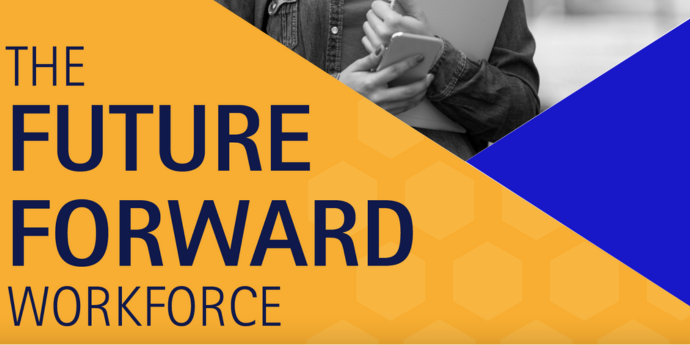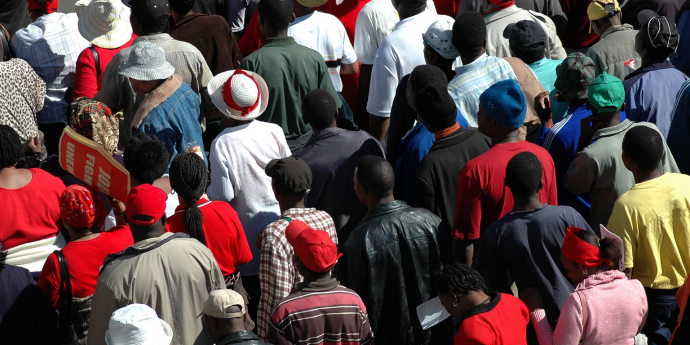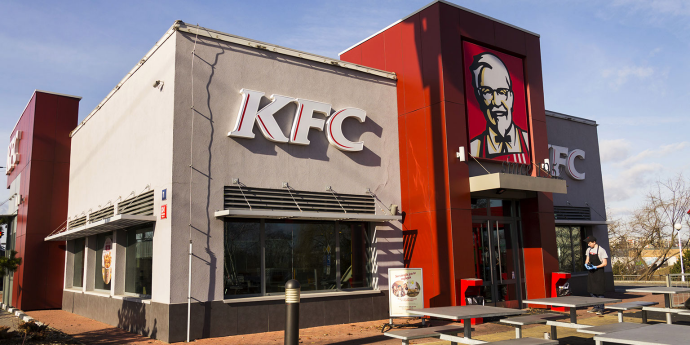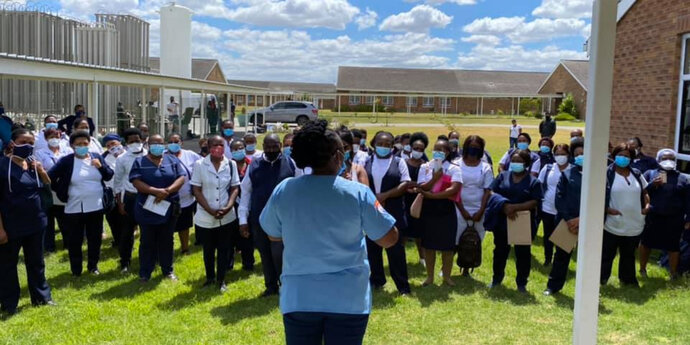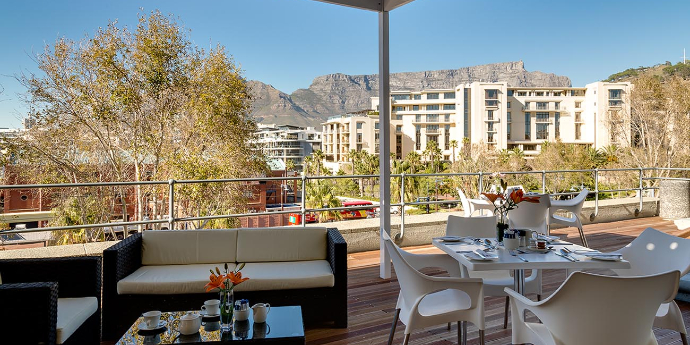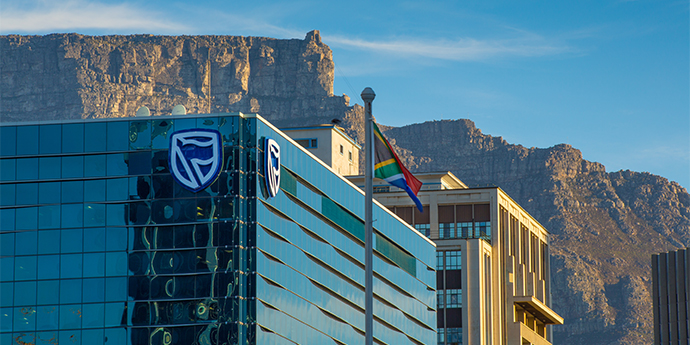What sort of impact do you think this workplace trend is likely to have in South Africa?
The pandemic has spurred employees to prioritise their well-being and to seek more agency about where — and when — they work. This insistence on a new relationship with work is a key trigger for what LinkedIn calls the Great Reshuffle, aka the Great Resignation. “It’s a time when everyone is rethinking everything,” says LinkedIn CEO Ryan Roslansky. “Business leaders are rethinking their entire working models, cultures, and company values. Employees are rethinking not just how they work, but why.” Workers are changing jobs, hoping for something more — more purpose, more flexibility, more empathy.
Is it the Great Resignation or the Great Reshuffle …? Yes, indeed many SA corporates are grappling with this phenomenon as well. Talent in SA in the professional services space is questioning the need to be in an office environment five days a week or on a needs basis. At the same time organisations are balancing the need for collaborative workspaces vs cost and efficiencies associated with operating a corporate office environment. Talent has shifted personal values toward nurturing the nuclear family environment, with corporate offices and workplace culture taking a back seat. The way forward seems to be the option of flexibility, based on individual and team circumstances and preferences to self organise in ways that best suit the team purpose, ensuring a balance with efficiency, productivity, health, wellness and the inconvenience of a commute (not to mention the carbon footprint associated with daily peak hour traffic). In situations where flexibility is not possible, talent will resign in favour of opportunities that offer the desired flexibility. Organisations will need to re-configure their Employee Value Proposition for the dynamic future work environment and shifting employee aspirations.
There's no doubt the pandemic has seen a fundamental shift in human values in the workplace, favouring time with loved one vs being in an office environment for 10 hours a day in addition to a two-hour commute. I think it’s become a question of managing greed vs managing time – the only resource that money can’t buy. Money cannot buy back time. Time that should have been spent doing the things that really matter with the people that really matter. Advances in technology have shifted how we work and the need for elaborate corporate office locations and extraordinary work environments that are designed to keep people in the office working and being productive vs spending that time with loved ones. It will become a balancing act between flexibility, physical, emotional, mental and purposeful well-being.
Additionally, I think change is now becoming much more part of the average workplace. COVID has shown us that we can’t really expect things to stay the same and we need to plan accordingly for an uncertain future.
The option of resigning is a luxury not all workers can afford, especially those employed in essential services and unskilled labour, which forms much of the workforce in South Africa today. Do some workers have more ability to resign from their jobs than others?
The SA professional services space vs the blue-collar worker context is an interesting dynamic and conversation to have. The bottom line is that as societies and countries become developed and wealth is accumulated, talent doesn’t need to work as hard as the previous generation did. In younger up-and-coming economies the perspective is slightly different, with youth forming the majority of the working-class population that hold aspirations and desires to gain professional qualifications and offer professional services to industry as a means to accumulate wealth and advance their career and skills acquisition.
How can employers be proactive about retaining their employees?
In acknowledging that change is probably a new constant in today’s world of work, employers can respond by investing in upskilling and rapid reskilling, be it with technical skills or interpersonal, organsational or management skills. Employees should be encouraged to develop a learning mindset to prepare them to navigate change.
The UCT GSB offers a variety of Executive Education courses covering management development and business acumen which can be customised to cater for the needs of specific organisations. When companies invest in upskilling their employees, they demonstrate that they value them and prioritise their wellbeing. Employees who feel they are being heard and are having their needs met, are less likely to leave their jobs.
More effort and time can also be spent on building workplace cultures that are open and transparent and caring spaces that recognize our fuller humanity. In the months ahead many companies may need to change focus to ensure that resilience amongst the workforce is prioritised alongside cost and competitiveness.
This evolving world of work and the relationship between employers and employees is taking place in a time when the world has transitioned from living in VUCA to one grappling with the impact of COVID and the emergence of a BANI (Brittle Anxious Nonlinear Incomprehensible) world. In this new context of fragility, organisations must adapt by strengthening teams through a focus on culture, collaboration, being empathetic, building resilience into individuals and teams, adopting new more distributed structures and creating an environment of trust. This is what individuals are seeking along with an alignment of purpose. Employers that get this right will not only counter the impact of the Great Resignation, they will also win the war for talent.
Azvir Rampursad is the Corporate Partnerships Manager and a specialist in Talent Strategy & Leadership Development at the UCT GSB with the Corporate Partnership and Careers Team. Rayner Canning is Director of the UCT GSB's Business Development Unit.


